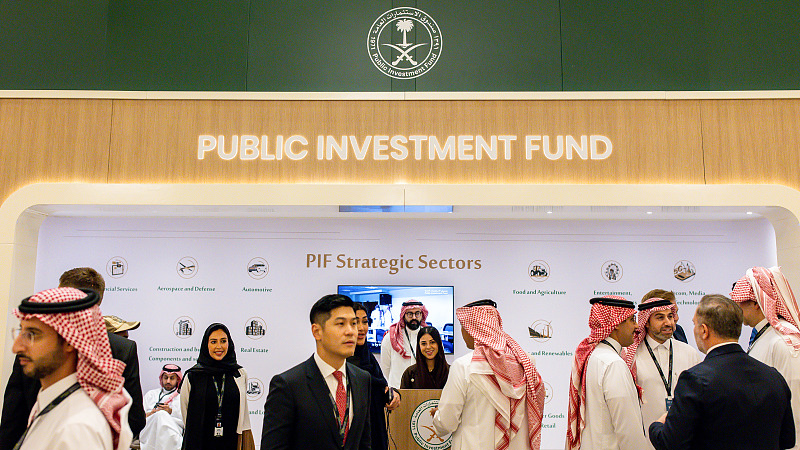The Saudi Arabian Public Investment Fund (PIF), the world's largest sovereign wealth fund, has drawn scrutiny from global asset managers for its recent investment focus within the kingdom. Traditionally, the PIF has been a major player on the international investment scene, deploying its vast resources in sectors like technology and infrastructure across the globe. However, a shift in strategy appears to be underway, with the PIF increasingly directing its capital towards domestic projects aimed at diversifying the Saudi economy away from its dependence on oil.
While this domestic focus is seen as a positive step for Saudi Arabia's long-term development, global asset managers are expressing concerns. They worry that the PIF's reduced presence on the international stage could translate into fewer opportunities for them to tap into the fund's considerable financial power. Additionally, some investors are apprehensive about the potential lack of transparency and risk associated with investing solely within the Saudi market.
The PIF, led by its ambitious Crown Prince Mohammed bin Salman, has outlined a transformative Vision 2030 plan to modernize the Saudi economy. This plan involves significant investments in sectors like tourism, renewable energy, and healthcare. The PIF is expected to be a key driver of this vision, utilizing its funds to establish new industries and create jobs.
However, global asset managers point out that the Saudi market, despite ongoing reforms, remains relatively opaque compared to more established investment destinations. Concerns linger about corporate governance practices and the potential influence of the government on investment decisions. This lack of transparency makes it difficult for some investors to assess the risk-reward profile of potential investments within the kingdom.
Another factor causing apprehension among global investors is the PIF's increasing focus on mega-projects. While these projects hold the potential to be transformative, their success hinges on a number of variables, including effective execution and navigating a volatile global economic landscape. The sheer scale of these projects also raises concerns about potential cost overruns and unforeseen challenges.
Despite these anxieties, some global asset managers acknowledge the potential long-term benefits of the PIF's domestic focus. A more diversified and robust Saudi economy could, in the long run, present new and attractive investment opportunities for international investors. Additionally, the PIF's focus on building domestic industries could foster a more transparent and efficient business environment within the kingdom, ultimately attracting a wider pool of global capital.
The PIF's evolving investment strategy presents both opportunities and challenges for global asset managers. While a reduced international presence may translate into fewer immediate opportunities, a successfully diversified Saudi economy could unlock significant long-term potential. The coming years will likely see a period of adjustment as global investors navigate the PIF's new direction and assess the risk-reward proposition of the Saudi market.

